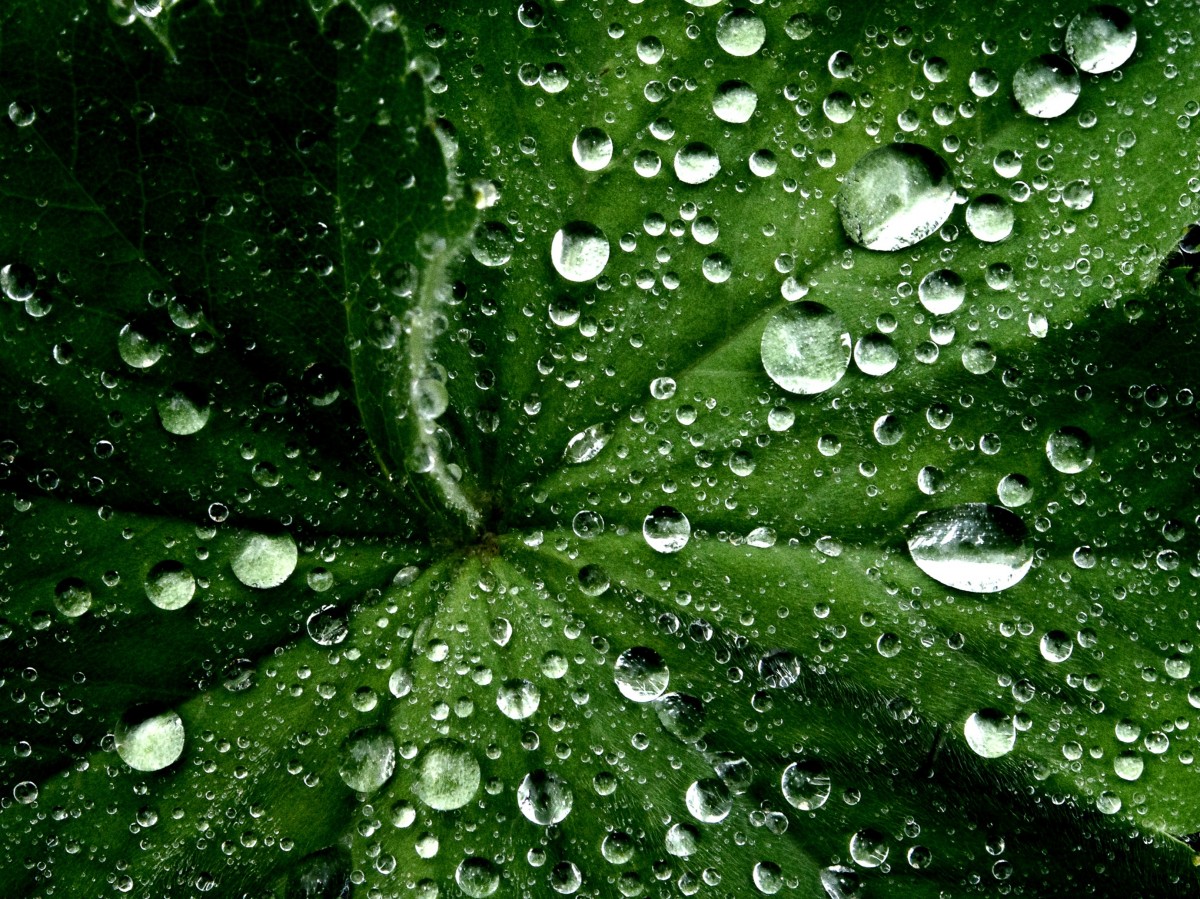An analytical study of iboga alkaloids contained in Tabernanthe iboga-derived products offered by ibogaine treatment providers
Authors:
José Carlos Bouso, Iván Fornís, Mireia Ventura, Benjamin De Loenen, Daniel F. Jiménez Garrido, Rafael Guimarães dos Santos, Jaime E. C. Hallak, Christopher Jenks, and Alberto Sainz Cort.
Journal:
Archives of Clinical Psychiatry
Year:
2020
About the study
This study is aimed to gain more insight into the purity and content of iboga samples available on the market. Consequently, we can evaluate the claims made by the vendors about the characteristics of their products.
We asked treatment providers, vendors and buyers to send samples for analysis. We requested information about the type of material, the source, date of purchase, the expected percentage of ibogaine, any information about abnormal effects experienced, and any additional information considered relevant. We received 17 samples from five different vendors and from nine different countries.
This is the first report analysing iboga products from online suppliers. The results showed a large diversity of iboga alkaloid content in the products. Given this high variability of ibogaine concentrations, both users and providers should be careful during dose calculations.
Abstract
Background: Therapeutic properties of ibogaine in the treatment of addiction are attracting both clinicians and patients to its use. Since ibogaine is not an authorized medicine, the quality of these products is not always known, increasing the probability of adverse reactions.
Objective: This study collects different types of iboga-derived samples from treatment providers, vendors and online buyers to analyse their content.
Methods: Analysis of iboga products (n = 16) was performed using gas chromatography and mass spectrometry methods (GC/MS). Products included Iboga root bark, Total Alkaloids (TA), Purified Total Alkaloids (PTA HCl), ibogaine hydrochloride (ibogaine HCl) and one Voacanga africana root bark.
Results: The content of ibogaine was highly variable, ranging from 0.6% to 11.2% for products sold as iboga root bark, from 8.2% to 32.9% for products sold as TA, 73.7% for one sample sold as PTA and from 61.5% to 73.4% for products sold as ibogaine HCl. One sample did not show any iboga alkaloids. Other alkaloids and unknown substances were found in almost all samples.
Discussion: The purity of iboga products is highly variable. These results should be taken into consideration by suppliers and users, especially regarding correct dosing to avoid overdose, as well as potential interactions with other substances.
Photo by Pxhere.
Categories:
Studies & papers
, Iboga and ibogaine
Tags:
ibogaine
, study
, Tabernanthe iboga
, drug dependence
, sample analysis
, addiction treatment
, harm reduction

